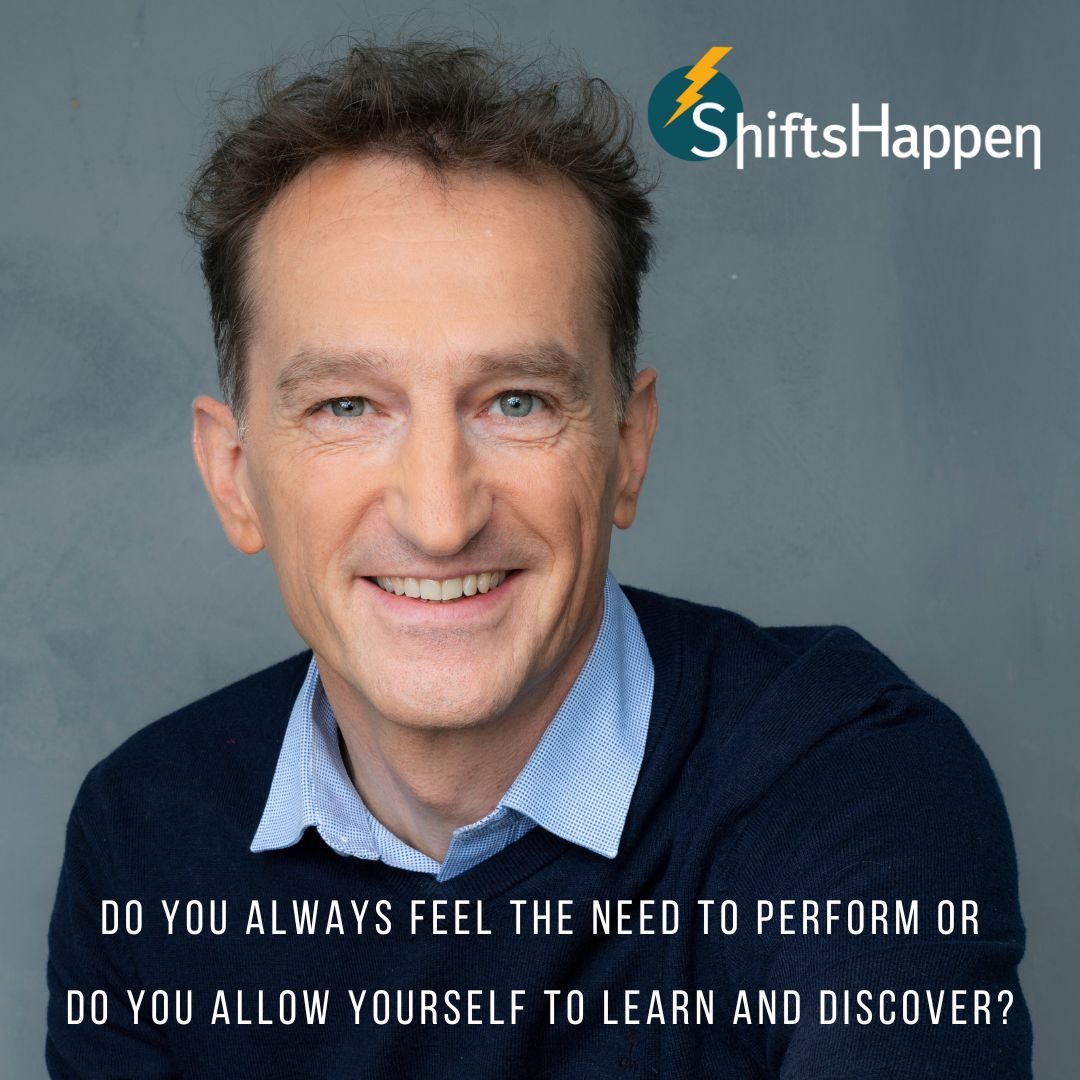To what extent do you allow yourself to learn and discover?

Recently, I had a coaching session with a team coach named Eric*, who works within a large educational organization. He is relatively new to this role, and the primary question he wanted to explore applies to all internal coaches in organizations: How do I strike a balance between being reactive (addressing coaching questions that are asked) and being proactive in addressing themes that are relevant and require attention to facilitate organizational development?
In this context, he wanted to first get an overview of the developmental themes within the organization. Then, he would consider how to approach them. Together, we explored the central developmental themes within the academy where he works, both at the team level and the individual employee level.
We identified the following six themes:
- Taking responsibility and daring to stand for your own contributions and vision (rather than hiding, waiting, or avoiding).
- Developing the ability to maintain a broad perspective, observe without judgment, and remain curious (rather than having tunnel vision or sticking to personal biases).
- Being aware of where you focus your attention in terms of the past (analyzing causes, explaining, defending), present, and future (sensing potential and ongoing developmental flow).
- Feeling the need to perform versus allowing yourself to learn. In other words, imposing pressure on oneself versus allowing exploration and discovery (fixed mindset versus growth mindset).
- Being conscious of the role you typically assume in interaction with a colleague: are you a coach, an expert, or an advisor? And which role is truly the most serving?
- Projecting confidence based on who you are versus self-assurance solely based on your knowledge and experience.
He rightly observed that allowing oneself to learn and discover (theme 4) brings more ease in taking responsibility and standing for one's contributions (1). Confidence increases (6), and one becomes forward-focused rather than inclined to dwell on the past (3). This mindset also enables one to approach situations with curiosity (2), making it easier to take on the role of a coach (5).
As Eric contemplated the underlying theme of 'allowing oneself to learn versus needing to perform,' he had a sudden insight: 'I lack patience. I tend to create speed and sometimes take on things that aren't mine. Hmm, my results-oriented mindset is hindering me.'
'I asked him, 'To what extent do you allow yourself to learn? Or do you feel you must know or understand things in advance?'
Eric is not alone in this. The key lies in the awareness as a coach, whether internal or external that you also have work to do on this theme: What are your own pitfalls regarding feeling the need to perform? What does that look like for you? Do you think you have to ask 'the right question'? Are you trying to meet certain spoken or unspoken expectations? Are you, consciously or unconsciously, pursuing a specific outcome?
The more awareness you have of this theme within yourself, the sooner and better you can perceive similar behavior or behavior that aligns with this theme in others. This enhances your effectiveness as a coach.
Here are a few examples of how 'needing to perform' and 'allowing yourself to discover and learn' manifest:
- Do you insist on doing things right, or are you curious?
- Are you seeking stability and wanting control, or are you letting go and remaining relaxed?
- Do you think in scenarios, or do you discover with an open mind, trusting that you have an adequate response whatever happens?
- Do you take the problem or challenge as a starting point or the (hidden) potential?
How does this theme play out for you? What is getting your attention?
Take time this week to reflect on this consciously. Choose to allow yourself to learn and discover and notice what it allows for.
I wish you a lot of enjoyment in your discoveries!
Bovenkant formulier
*name anonymized

